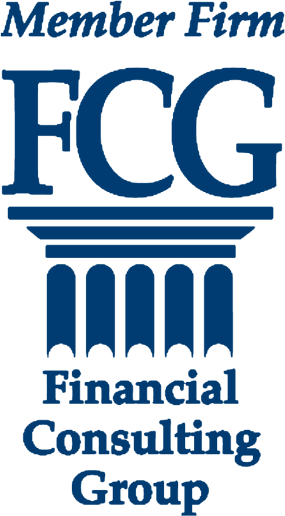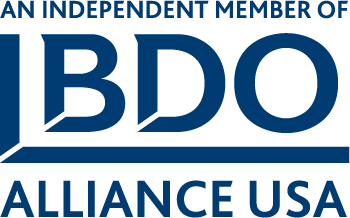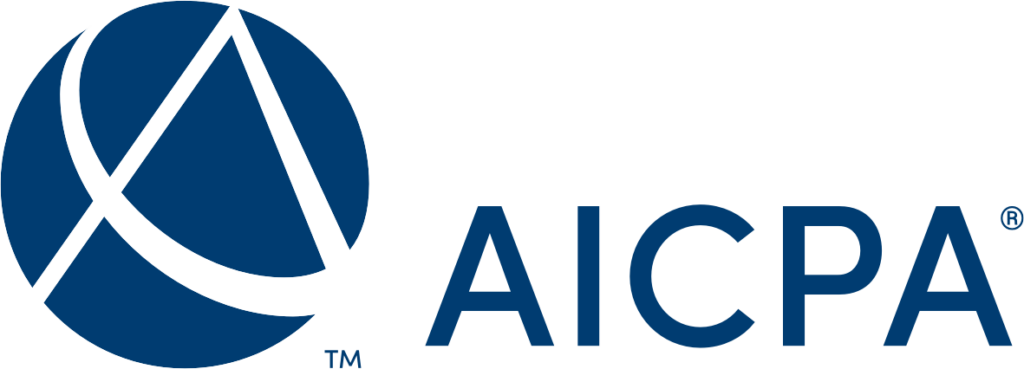Due to COVID-19, the IRS has provided increased flexibility with respect to 2020 mid-year elections under cafeteria plans related to employer-sponsored health coverage, health Flexible Spending Arrangements (health FSAs), and dependent care assistance programs. The IRS has also provided increased flexibility with respect to grace periods to apply unused amounts in health FSAs to medical care expenses incurred through December 31, 2020, and unused amounts in dependent care assistance programs to dependent care expenses incurred through December 31, 2020. This relief is retroactive to January 1, 2020.
Qualified benefits provided under a cafeteria plan include employer-provided accident and health plans, health FSAs and dependent care assistance programs. Elections regarding these benefits are generally irrevocable and must be made prior to the first day of the plan year, except that a cafeteria plan may permit an employee to revoke an election during a period of coverage and to make a new election under certain circumstances, such as if the employee experiences a change in status or there are significant changes in the cost of coverage.
Elections Under a Cafeteria Plan
During 2020, a cafeteria plan may also permit eligible employees to:
- with respect to employer-sponsored health coverage,
a. make a new election on a prospective basis, if the employee initially declined to elect employer-sponsored health coverage;
b. revoke an existing election and make a new election to enroll in different health coverage sponsored by the same employer on a prospective basis; and
c. revoke an existing election on a prospective basis, provided that the employee attests in writing that the employee is enrolled, or immediately will enroll, in other health coverage not sponsored by the employer
2. revoke an election, make a new election, or decrease or increase an existing election applicable to a health FSA on a prospective basis; and
3. revoke an election, make a new election, or decrease or increase an existing election regarding a dependent care assistance program on a prospective basis.
Health FSAs and Dependent Care Assistance Programs
For unused amounts remaining in a health FSA or a dependent care assistance program at the end of a grace period or plan year ending in 2020, a cafeteria plan may permit employees to apply those unused amounts to pay or reimburse medical care expenses or dependent care expenses incurred through December 31, 2020. This relief may be applied on or after January 1, 2020 and on or before December 31, 2020.
Impact of Health FSA Reimbursements on Eligibility to Contribute to an HSA
Coverage by a general purpose health FSA is coverage by a health plan that disqualifies an otherwise eligible individual from contributing to an HSA. Similarly, a telemedicine arrangement would generally disqualify an otherwise eligible individual from contributing to an HSA.
The government has previously provided relief for these issues such as a health plan that otherwise satisfies the requirements to be an HDHP will not fail to be an HDHP merely because the health plan provides medical care services and items purchased related to testing for and treatment of COVID-19. The CARES Act provides a temporary safe harbor for providing coverage for telehealth and other remote care services. The rules clarify that this relief may be applied retroactively to January 1, 2020. For example, an otherwise eligible individual with coverage under an HDHP who also received coverage beginning February 15, 2020 for telehealth and other remote care services under an arrangement that is not an HDHP will not be disqualified from contributing to an HSA during 2020.
Contact the Crosslin team with any questions regarding this increased flexibility. We are here to help!







